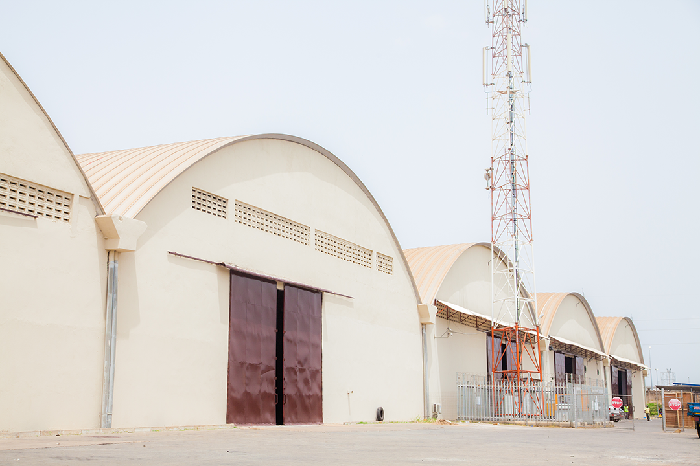The Ghana Revenue Authority (GRA) has halted the storage of sometimes in warehouses as it starts the implementation of the new Warehouse Regime
The new Warehouse regime means that importers of the banned items can no longer keep their goods in any Customs bounded warehouse
According to the GRA, the items include canned tomatoes, alcohol, lead-acid batteries, cooking oil, canned drinks, canned fish, cement, Lime, paints, and chalk.
Implementation of the new warehousing regime officially began November 1, 2018.
The major difference between the new and the old Warehousing Regime is the fact that importers of the said products would have to pay duties and taxes on their goods upfront and clear them from the ports.
The Commissioner General of the GRA, Emmanuel Kofi Nti, has advanced that the latest decision is as a result of abuse of the system and the delays in the payment of taxes.
He said “to forestall some of the challenges we have in that area, and to allow for level playing field for importers, going forward we are not going to allow some products to be warehoused. There has been a lot of abuse in that area.”
He said the move is to ensure proper accountability and discipline in that area.
“The products listed are those we have problems with and going forward we want to minimize the challenge we face from that area. Importers of the above-mentioned products would now have to pay upfront the duties on their goods.”
The GRA boss also emphasized that “The customs bounded warehouses belong to private individuals but they are used by the government as part of the implementation of the policy,”.
ALSO READ: The GRA should not be burdened with Property Rate Collection










